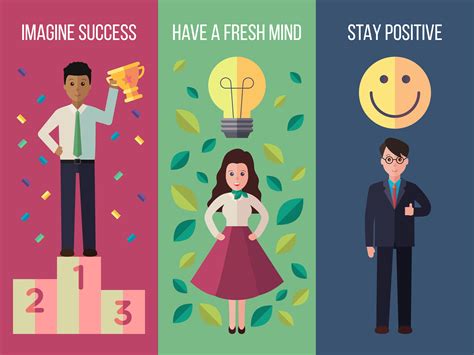How To Be Successful: A Guide to Achieving Your Goals
Success. It's a word tossed around frequently, yet its definition remains deeply personal. For some, it's financial freedom; for others, it's a fulfilling family life; and for many, it's a potent blend of both. This guide delves into the core principles that pave the way to your definition of success, regardless of your aspirations.
Defining Your Success
Before embarking on the journey, it's crucial to understand what success means to you. Avoid societal pressures and external expectations. Ask yourself:
- What truly matters to me? Identify your core values and priorities. Are they family, creativity, financial security, personal growth, or a combination?
- What does a successful life look like to me? Visualize your ideal future. Be specific: What are you doing? Who are you with? How do you feel?
- What are my short-term and long-term goals? Break down your vision into manageable steps. This creates a roadmap for your journey.
Strong goals are SMART:
- Specific: Clearly defined and unambiguous.
- Measurable: Trackable progress indicators.
- Achievable: Realistic and attainable.
- Relevant: Aligned with your values and overall vision.
- Time-bound: Set deadlines to foster accountability.
Building Blocks of Success
Once you've defined your success, these fundamental elements will fuel your journey:
1. Cultivating a Growth Mindset
Embrace challenges as opportunities for learning and growth. Failure is not the opposite of success; it's a stepping stone. Develop a resilient attitude, learn from setbacks, and adapt your strategies accordingly.
2. Hard Work and Dedication
Success rarely comes easily. It requires consistent effort, dedication, and a willingness to put in the hours. Discipline and perseverance are key. Find a work-life balance that sustains your energy and motivation.
3. Continuous Learning and Development
The world is constantly evolving. Stay curious, embrace new knowledge, and continuously seek opportunities to expand your skills and expertise. Invest in your personal and professional development. Read books, attend workshops, and seek mentorship.
4. Building Strong Relationships
Nurture meaningful relationships with family, friends, mentors, and colleagues. A strong support network provides encouragement, guidance, and valuable perspectives. Collaboration and teamwork are essential for achieving ambitious goals.
5. Adaptability and Resilience
Life throws curveballs. Develop the ability to adapt to change, bounce back from setbacks, and remain flexible in the face of unexpected challenges. Resilience is the ability to withstand adversity and emerge stronger.
Maintaining Momentum
The journey to success is a marathon, not a sprint. Stay motivated by:
- Celebrating milestones: Acknowledge and appreciate your achievements, no matter how small.
- Seeking feedback: Regularly assess your progress and seek constructive feedback to identify areas for improvement.
- Staying positive: Maintain a positive mindset and focus on your strengths.
- Practicing self-care: Prioritize your physical and mental well-being to avoid burnout.
Conclusion
The path to success is unique to each individual. By defining your vision, cultivating a growth mindset, and embracing the building blocks outlined above, you can chart a course towards a fulfilling and successful life – one that aligns perfectly with your definition. Remember, the journey itself is often as rewarding as the destination.
